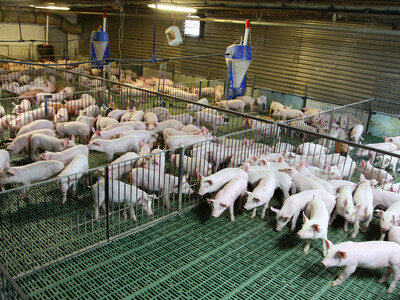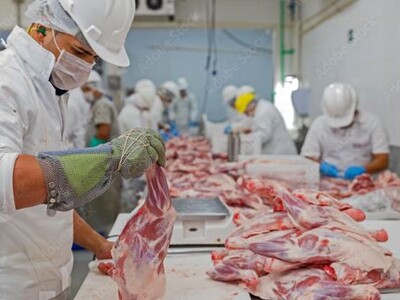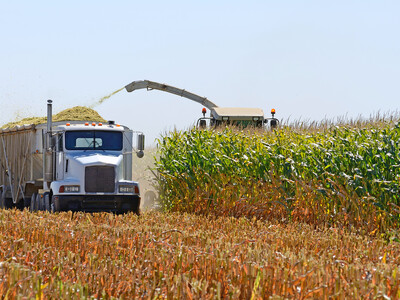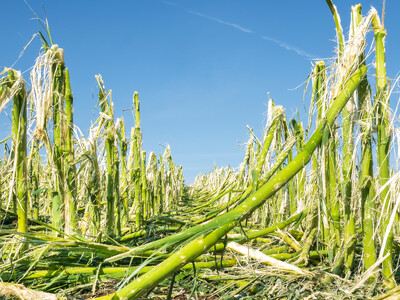Slowing Down the Climate Bill
Slowing Down the Climate Bill. I’m Greg Martin with today’s Line On Agriculture.
Democratic leaders in the House of Representatives want to pass the climate change bill asap, but the legislation is in a holding pattern.
SCHLEGEL: They’re now trying to get it ready to bring to the house floor, but the votes aren’t there and there’s a lot of deal making going on. Agriculture, at the moment, is the biggest sticking point. We have had to tell the sponsors of the legislation “hold on a minute.”
American Farm Bureau regulatory specialist Paul Schlegel says lawmakers from farm states say the bill does not really figure agriculture into the equation when it comes the bills cap and trade program.
SCHLEGEL: The bill does not deal explicitly enough with agriculture offsets. Those are the opportunities we think agriculture can have to get paid for conservation activities such as no-till, methane recapturing, forestry. We want to make sure those are real, they’re concrete, they’re valuable and that’s not in the bill.
Now it’s a question of whether key players can come up with a compromise that would improve the bill from an agricultural standpoint.
SCHLEGEL: There’s some talk about a new program run by USDA that would allow farmers to work just with USDA on their offsets program. The hang up so far is that EPA would be the final decider on whether activities are worth offset monies. So that has yet to be worked out.
Schlegel talks about agriculture’s biggest concern with new climate legislation.
SCHLEGEL: The biggest concern for agriculture is the economic impact the bill is going to have. We know that we’re going to pay higher utility rates. We’re going to have higher energy costs. We may have higher fertilizer costs if prices on natural gas go up. The whole notion of an offsets program is to mitigate those cost impacts. We won’t get to zero. It’s highly, highly unlikely we’ll get into positive territory. We at least want to bring the cost down as close as we can to zero.
So then what part could agriculture could play in a cap and trade program?
SCHLEGEL: he way cap and trade is set up, if I’m a utility and I burn coal to generate electricity, I will have a limit on the amount of my emissions. That’s the cap. If I’m in a growing area or I need to generate more power, I’m going to need to buy more allowances because I hit my cap. That’s where the trade comes in. That utility might go to a farmer and say, “would you plant trees? Would you adopt no till? Would you capture your methane? Would you do a host of activities?” That’s the cap and the trade. Unfortunately, if EPA says those activities don’t sequester enough carbon we will be left out of the program. That’s the danger.
That’s today’s Line On Agriculture. I’m Greg Martin on the Northwest Ag Information Network.

















